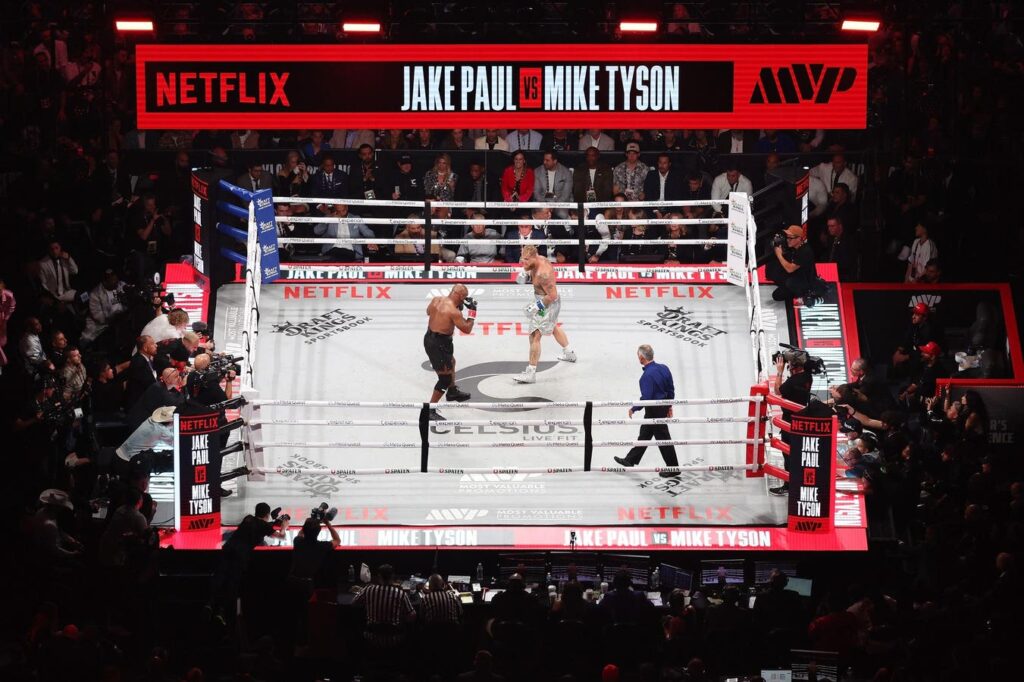Key Takeaways
- Russell 2000 Gains 1% While Major Indices Remain Mostly Flat
- Apple Nears $4 Trillion Market Cap With Upgraded Price Target
- Rising Bond Yields Could Dampen Stock Appeal And Signal Risks
Stocks were relatively flat on Thursday. With the exception of the Russell 2000, which gained 1%, none of the major indices bothered to get out of bed the day after Christmas.
There were a couple of items that came out of Christmas worth quickly mentioning. Mastercard said overall spending was up nearly 4% with apparel, restaurant sales and jewelry leading the way. Netflix also successfully aired two football games as they continue to move into live sports streaming. Many analysts (and quite a few customers) were apprehensive that the streaming giant would be able to support the bandwidth required. We also had an upgrade on Apple from analyst Dan Ives. He moved his price target from $300 to $325.
While I don’t normally bring up analyst price targets, I think this one is worth mentioning given Apple’s prominence in many portfolios. But I also want to point out that Apple was trading around $165 as recently as April, making a $325 price target truly remarkable. Equally remarkable is the fact that Apple is closing in on a market cap of $4 trillion. It wasn’t all that long ago the company surpassed $1 trillion.
Although it was a quiet day for stocks and I expect much the same today, I do want to draw attention to what is happening in the bond market. Despite the Federal Reserve cutting short term rates, the long end of the yield curve continues to move higher. Rates on the 30-year bond are hovering around 4.79%. That is a level we haven’t seen since April, and I think this is becoming something investors need to watch.
There are any number of reasons for rates to move higher and I’ll leave the academic debates to the side for just a moment because I want to make, what I hope is, a very simple point. Investors buy stocks when risk free rates are perceived as being low and the risk reward for owning stocks is favorable. However, when risk free rates reach a certain level, that appeal to own stocks is less. Now, where that threshold level resides is anyone’s guess. But it’s worth remembering when rates began climbing earlier this year to around these levels, stocks sold off about 5%.
For today, futures are indicated lower in premarket, and we’ve seen quite a bit of choppy trading this week already. Volatility is up nearly 6%, but still relatively mild with the VIX below 16. I’m going to continue monitoring bonds as I think this has moved beyond a canary in the proverbial coal mine. I’m also keeping my eye on oil, which is something I’ve spoken about recently as well. At $70, I’m not too concerned oil is flashing any sort of signal, but if we continue seeing interest rates rise and if oil should fall down below its 50-day moving average of around $69, then it could be a sign of a weakening economy.
tastytrade, Inc. commentary for educational purposes only. This content is not, nor is intended to be, trading or investment advice or a recommendation that any investment product or strategy is suitable for any person.
Read the full article here


